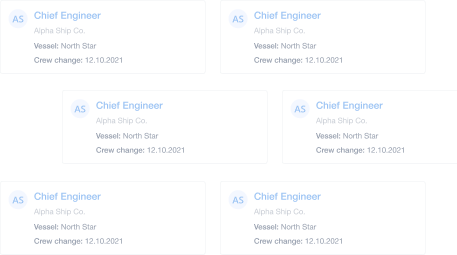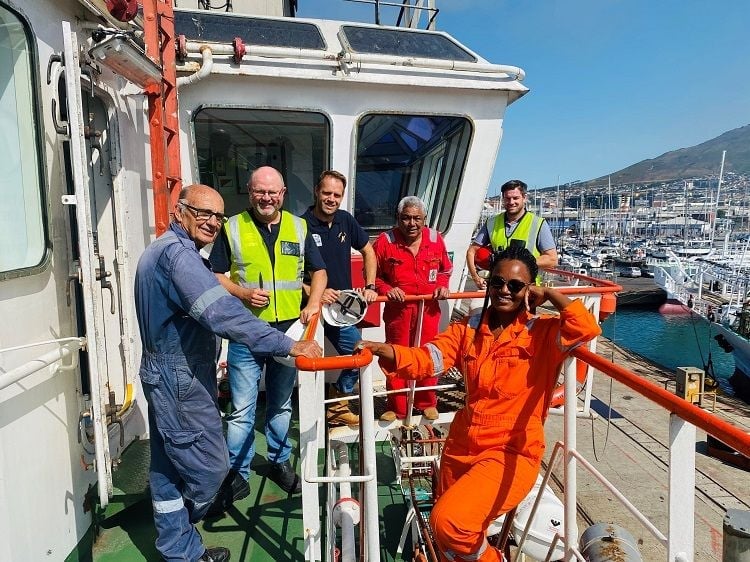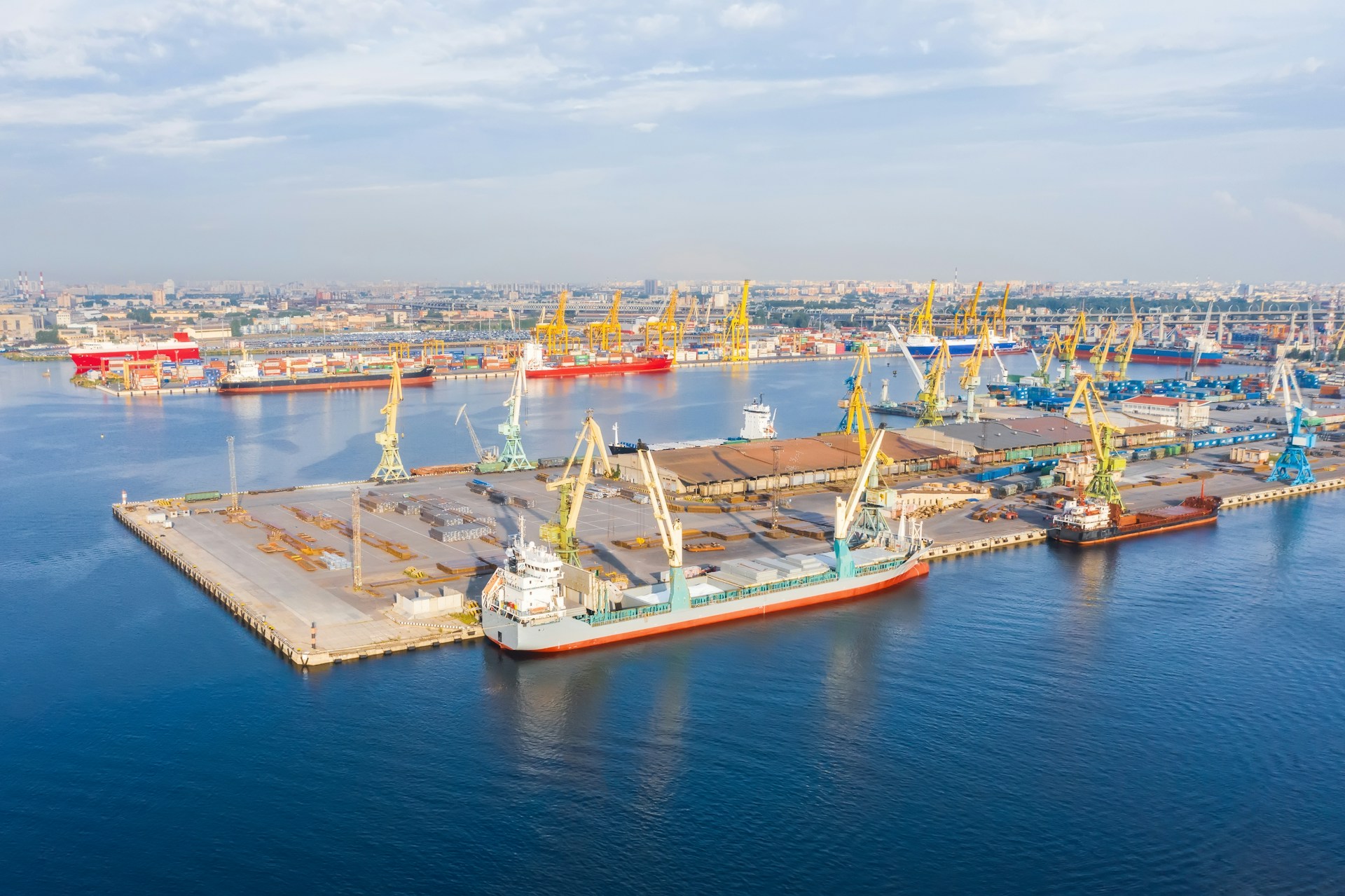What You Need to Know About Bluetooth in the Maritime Industry
Apr 25, 2019 · 5 mins read ·
Maritime Industry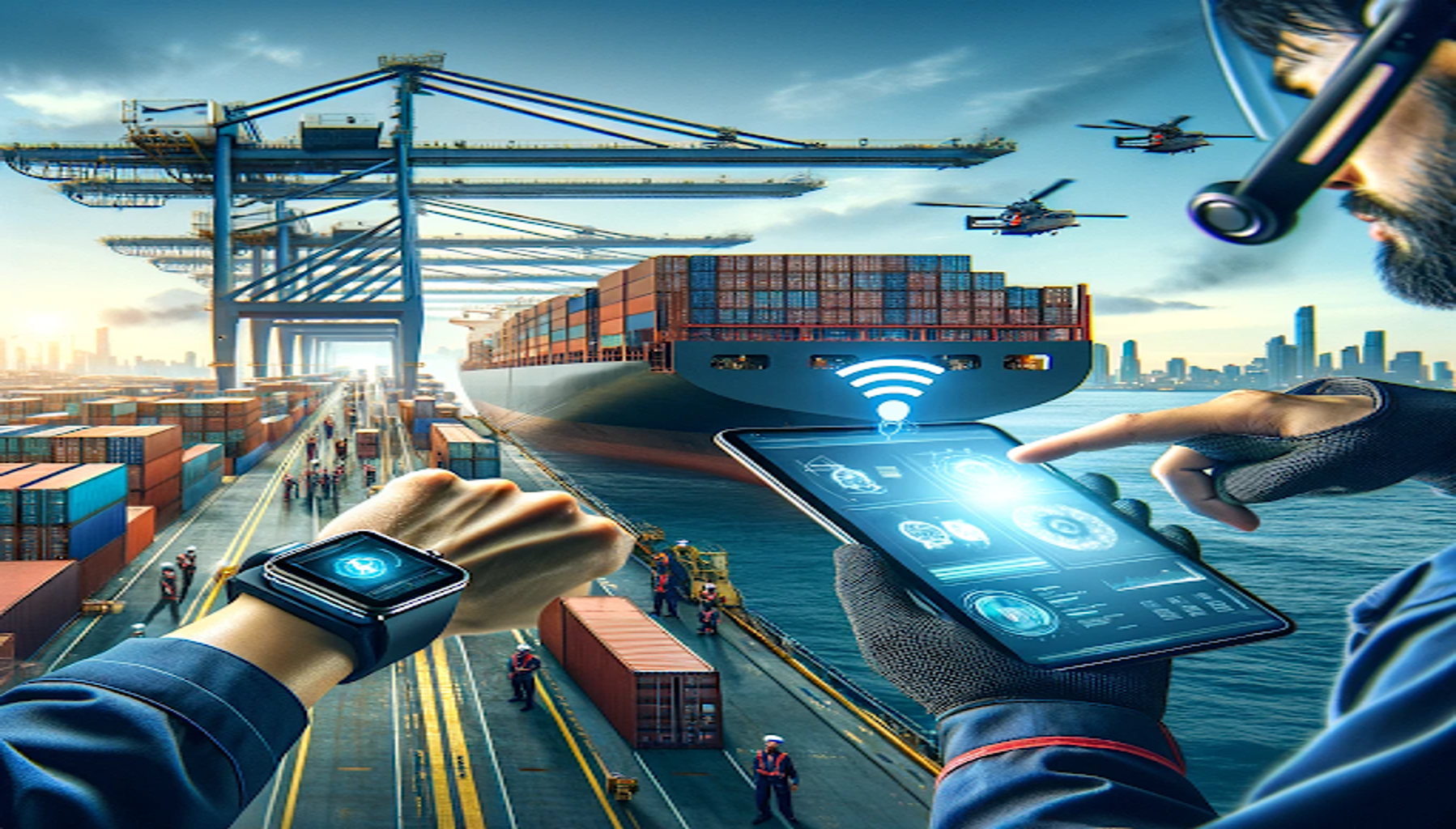
If your knowledge of Bluetooth technology is limited to your earphones or the speaker you listen to music on in your downtime, it might come as a surprise to know that Bluetooth could actually be changing the future of shipping.
Yes, it really does have some wide ranging uses that extend further than blasting out your favorite playlist!
Bluetooth technology is increasingly being used in businesses across all sectors, and the maritime industry is no different.
What is Bluetooth wireless technology?
Bluetooth is a wireless technology and is all about connectivity so perhaps you’re wondering what the main difference between Bluetooth and Wi-Fi is?
While Bluetooth is generally used to connect certain devices without the need for messy wires and cables, Wi-Fi is used to access the internet.
Once a technology of the future and now commonplace, Bluetooth works by transmitting short range radio waves and has a more limited physical range than Wi-Fi, usually only working within a 30 foot radius.
This is why it’s traditionally been a popular means of connecting personal devices such as keyboards or digital cameras to PCs, or headphones and earphones to MP3s and smartphones.

Bluetooth and its use in marine tech
Ship owners and managers are increasingly jumping on the Bluetooth bandwagon and harnessing the technology to drive productivity and profitability in the maritime industry.
Within marine tech, Bluetooth is changing the future by being used to boost everything from quality control processes and tracking to accountability in logistics operations.
And while Wi-Fi and the internet are still essential for larger scale communications, it is becoming increasingly apparent that Bluetooth in shipping is a viable solution - particularly when you consider the devices it works with are low energy and therefore low cost.
Another cost saving aspect of Bluetooth is that because it isn’t powered on data and as such is not connected to the internet, it can transmit information to other devices for free.
It might seem like the cost of accessing the internet is small change compared to other outlays, but any opportunity to control spending is one that shouldn’t be overlooked in any industry, especially not one as huge as the maritime industry.
Changing the future and the way we work
On a practical level, that transmission could be the relaying of information about how close cargo is to a Bluetooth-enabled device.
The ability to then track shipments and provide updates in real-time to tracking and management systems will enhance accuracy, encourage timeliness and enable shipping companies to deliver an overall better level of service to their clients. This also means that the manual scanning of cargo can be eliminated, further saving on time and costs.
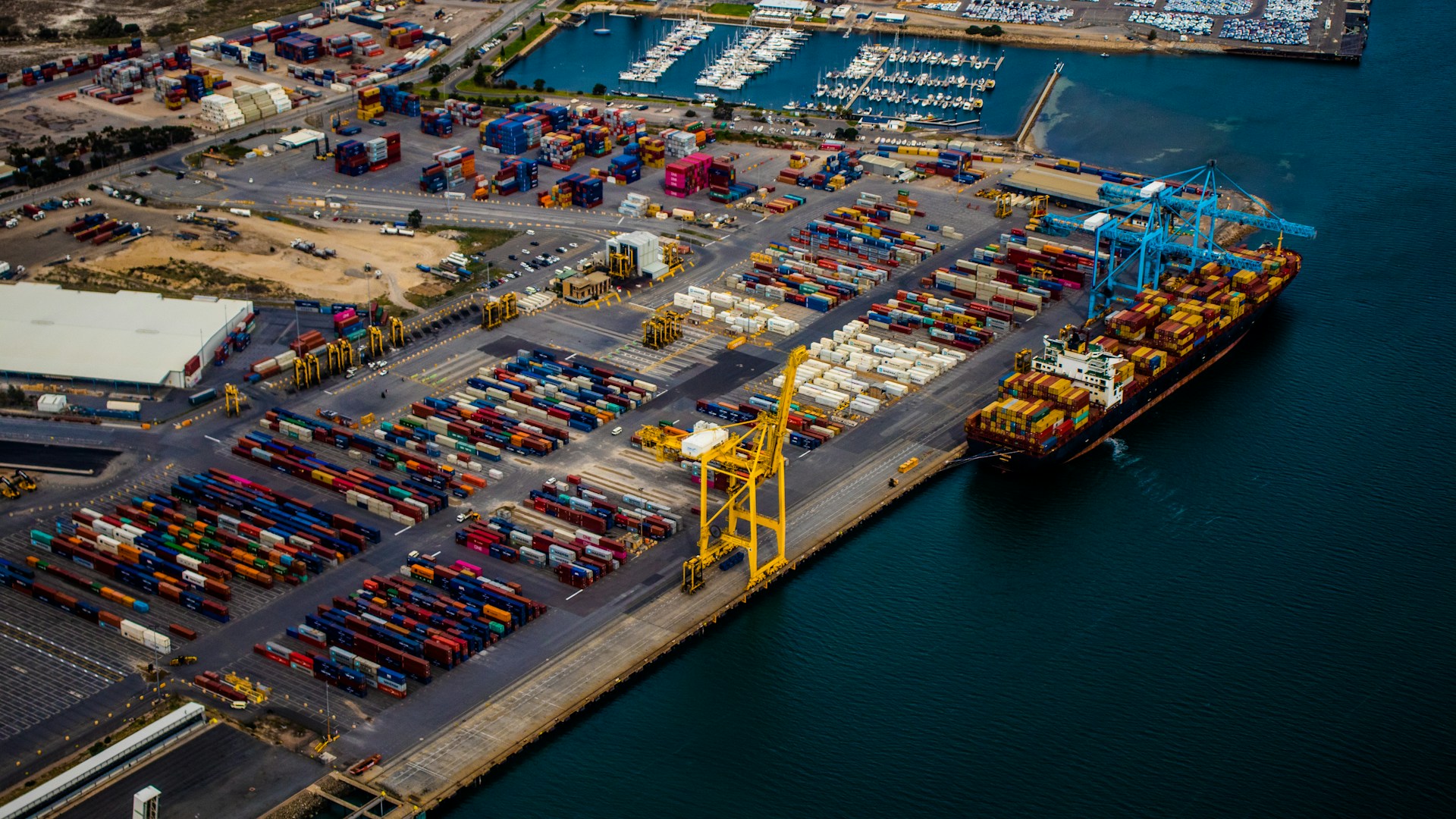
And talking about service levels, if there’s one thing that’s bound to throw ETAs out of sync and let down customers, let’s not forget about the dreaded downtime.
No technology of the future or internet connection is infallible - especially not at sea and every minute a network is down it will cost shipping companies potentially huge sums of money in wasted time.
Devices that are Bluetooth-enabled communicate directly with each other, eliminating internet connectivity issues entirely.
This lack of internet connection also addresses ever-present security concerns: Bluetooth technology enables the secure transfer of information about cargo and shipments, ensuring that only those parties who are meant to see it, will see it.
Technology of the future in maritime recruitment
If you’re trying to drive productivity while saving costs within your shipping company, talk to Martide. We love marine tech and streamlining systems!
Our Software as a Service is a crew management and maritime recruitment solution that helps companies in the maritime industry create an applicant tracking system and hiring dashboard to make filling your vacant crewing positions far less of a headache than ever before.
Ready to book a demo? Get in touch today.
PS - don’t forget to tell your crew to download our seafarer job app for iOS or Android from the Apple App Store or from Google Play!

Eve Church
Eve is Martide's content writer, publishing regular posts on everything from our maritime recruitment and crew planning software to life at sea. Eve has been writing professionally for more than two decades, crafting everything from SEO-focused blog posts and website landing pages to magazine articles and corporate whitepapers.
UK

is the only site for maritime jobs
